- Learning time
- 10 minutes
- First play time
- 60 minutes
Wavelength
Designed by: Alex Hague,Justin Vickers,Wolfgang Warsch
Wavelength is a party game for two teams that challenges you to find a hidden target on a spectrum. But what the spectrum is can be a variety of things, from hot/cold to feminine/masculine to dictatorship/democracy.
The box itself provides both the base and the score-tracks for both teams. The spectrum itself is a large dial that sits neatly in the box. It works like this: one player from the active team is the ‘psychic’ and it’s their job to try and guide their team to hit the target. Let’s say in this example that’s you. Making sure no-one from either team can see the dial, you
1 Hide the target, using a screen on the dial, and randomize the target’s position by spinning it
2 Take a card that decides conceptually what the spectrum is (see examples above)
3 Reveal the target to yourself alone, then hide it again
4 Decide on a word or phrase that clues your team to the position of the target on the spectrum
5 They then discuss and decide where on the spectrum their guess is (hopefully matching yours!)
6 The other team also get to guess – on the accuracy of your team’s attempt. They can score a point by successfully identifying whether the target is to the left or right of your team’s guess. If your team hits the target dead on, they score nothing.
Although the description may seem slightly long-winded for what is essentially a guessing game, a couple of rounds is all you need to grasp the process. But more importantly, Wavelength opens up an entire universe of possibilities, both in the psychic’s clues and the guessers discussions. An easy-seeming spectrum like hot/cold might prompt a clue such as warm. The guessing team initially assumes the target is in the middle of the spectrum, seeing as it’s neither hot nor cold. But then someone says actually, the mid-point between hot and cold is tepid, so maybe warm is actually further up the dial towards hot. Someone else says but hang on, you’re thinking of hot like a hot tap. The psychic might be thinking of hot like the surface of the sun. In which case warm might actually be further towards cold… and so on.
But often clues aren’t so straightforward anyway – where on the hot/cold spectrum is the hug of a friend, a car tyre after a short journey, summer in Manchester, an acrylic hat? Out of the simple premise everyone’s perceptions, preconceptions and paradigm for pretty much everything in reality comes into play, and this is where Wavelength shines. As soon as one team hits ten points, they win!
Note also that there is an even-simpler co-operative variant: all players form a single team and take turns to give clues from seven cards – hitting the target dead-on adds another card: more turns, and the possibility of scoring more points. 16 points is needed for a win.
Joe says
I'm always on the look out for party games that can play with a large, variable number of people and take very little explanation. Wavelength fits the bill perfectly, and has the wonderful emergent quality of sparking strange and deep philosophical ponderings. I had this in mind for Christmas 2019, but didn't manage to get a copy until early 2020, so hopefully will be able to unleash it on my extended family and friends next Christmas.
The guru's verdict
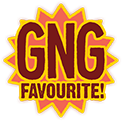
-
Take That!
Take That!
None, though Wavelength can certainly prompt cries of dismay.
-
Fidget Factor!
Fidget Factor!
Everyone is involved in every round, though sometimes the psychic may need a minute or two to come up with a clue.
-
Brain Burn!
Brain Burn!
Low on the rules, moderate on guessing.
-
Again Again!
Again Again!
Wavelength comes with a large deck of (double-sided) spectrum cards, plus a smaller deck of 'Advanced' spectrum cards. But really the replayability here is the randomized position of the target, and the misaligned perceptions of the human brains playing it.

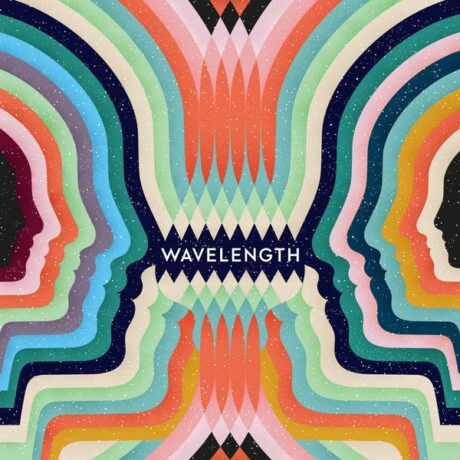
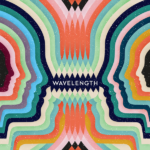

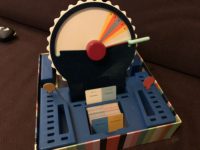
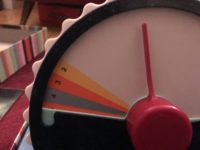


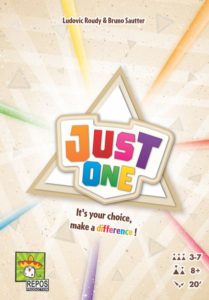
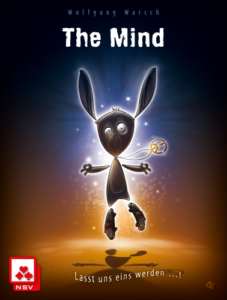
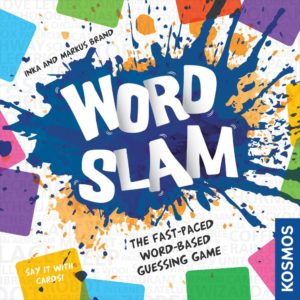
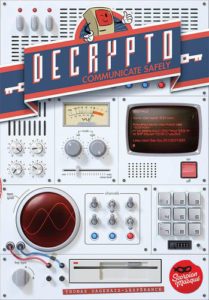

Sam says
Okay, there will be people out there who won't like Wavelength, but if you're one of them you can probably tell already. It's not for the zero-sum strategists amongst us; it's almost more about lack of control than control - harnessing an idea, and hoping your teammates will grasp what you mean. It's both continuously amazing how perceptions don't align, person by person, and high-fivingly delightful when they do. The designers have taken the age-old conceit of the guessing game and make it fresh, delightful, and as far as I am concerned, brilliantly fun.